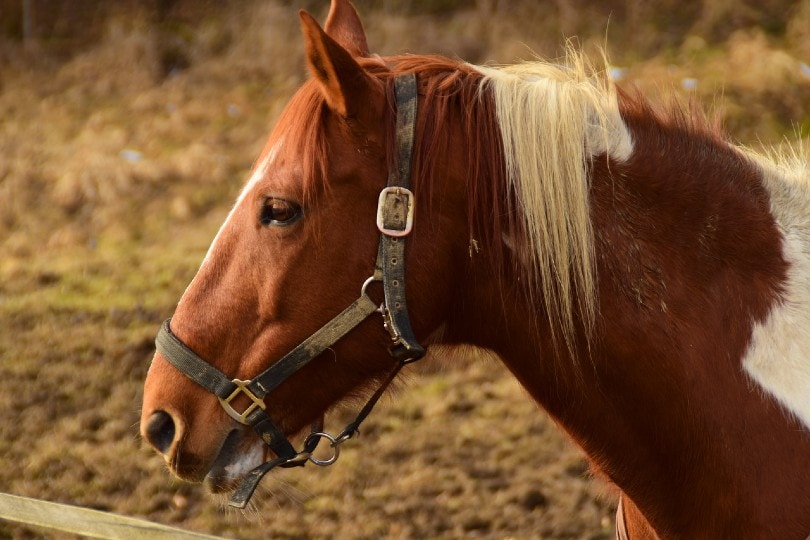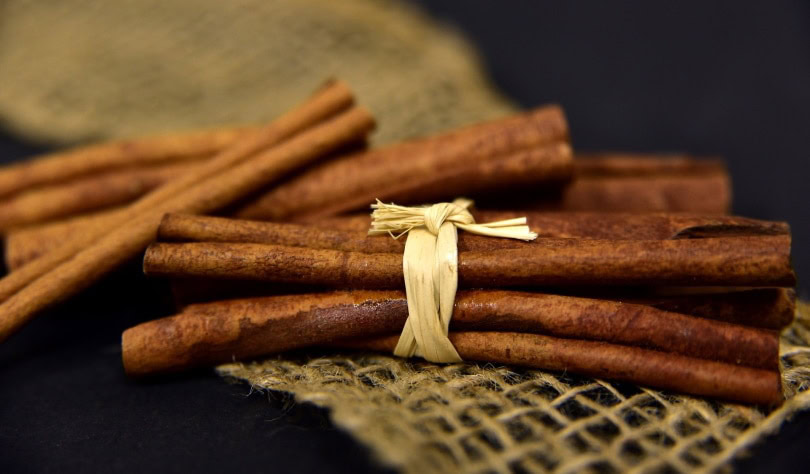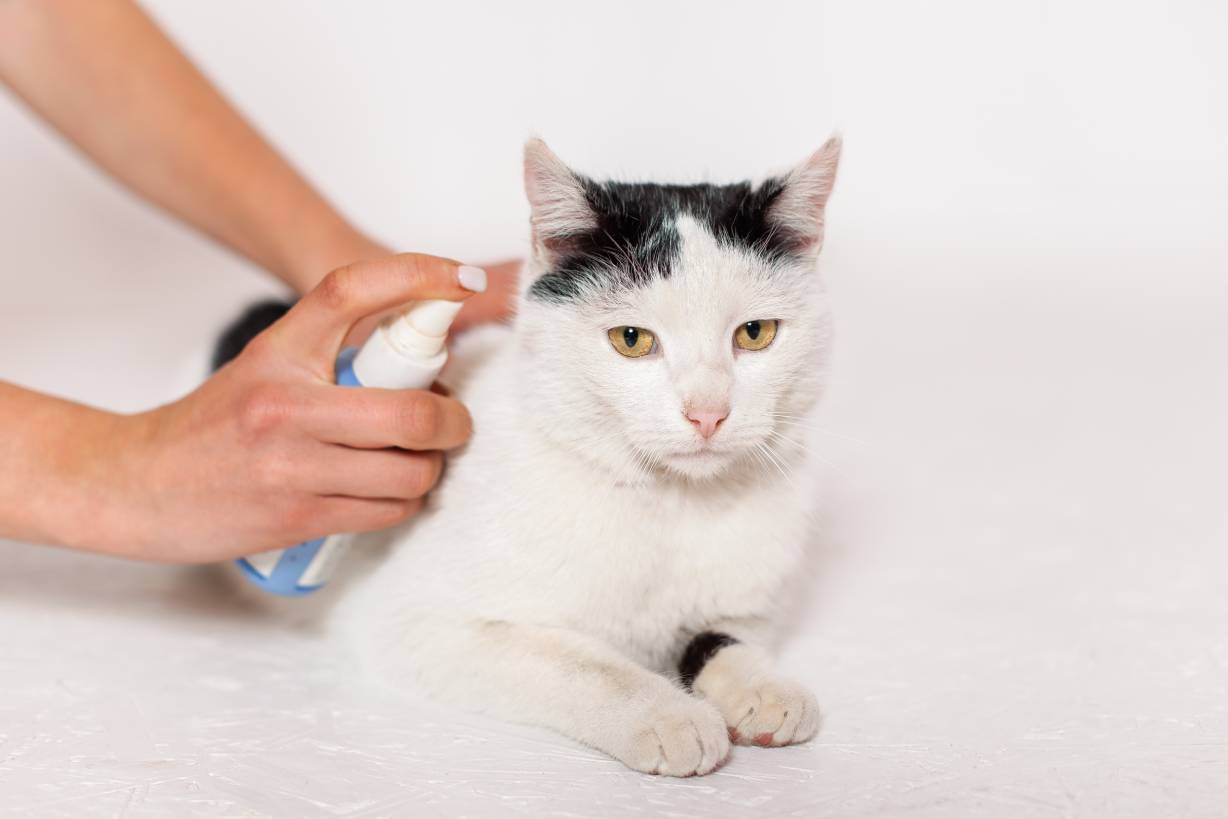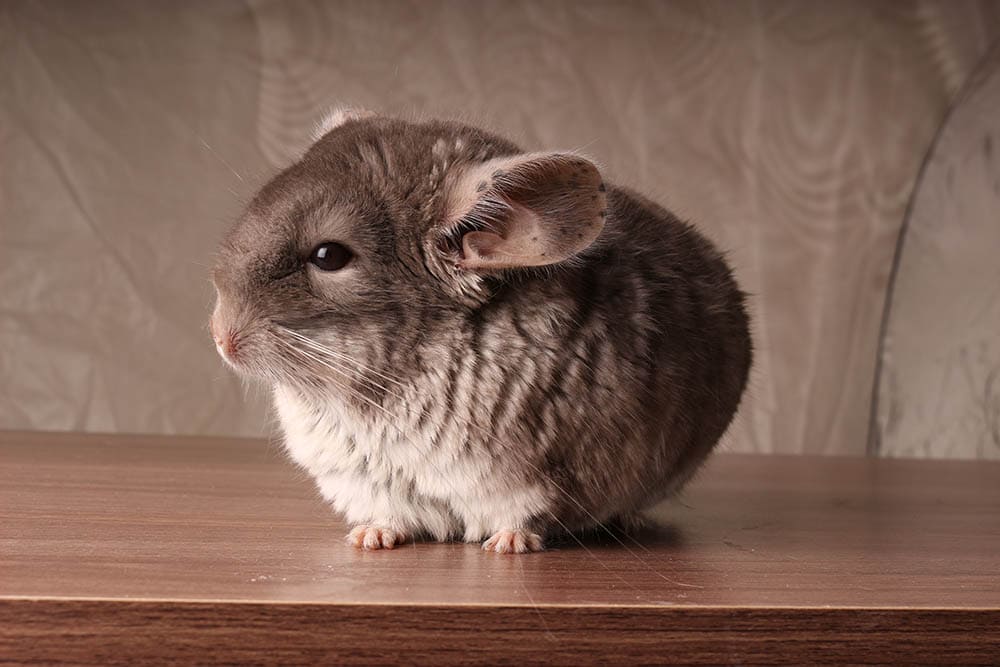VET APPROVED

The information is current and up-to-date in accordance with the latest veterinarian research.
Learn more »Click to Skip Ahead
There’s a big difference between knowing how long a horse could go without food and water and how long they should. The first is a matter of survival, the latter is about welfare.
In periods of drought, isolation, or other disaster, a horse can potentially survive without food or water for up to five days. However, this would not be without risk of serious illness, and is certainly not a threshold we would want to test.
Let’s take a closer look at what a lack of food and water will do to a horse and why ensuring a fresh, daily supply of both is essential for their health.

How Long Can a Horse Go Without Eating or Drinking?
Most experts agree that, in an extreme situation, a horse could potentially last up to five days without food and water. However, the maximum amount of time for an average healthy horse would be closer to three days.
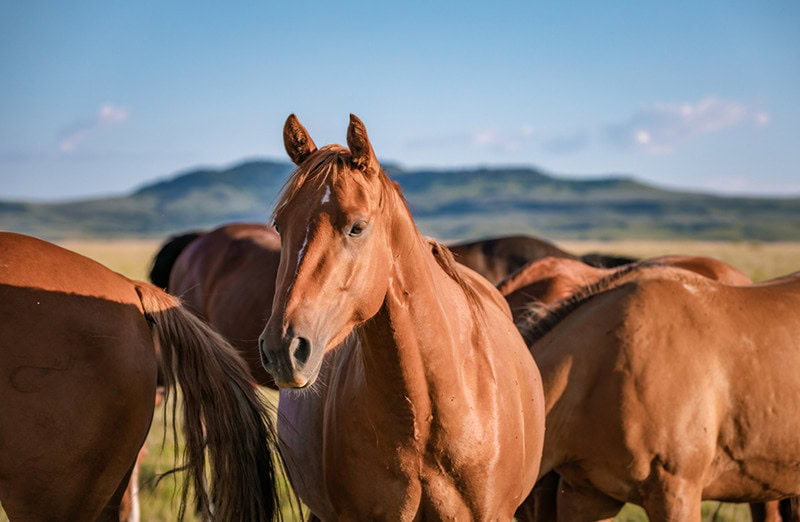
How Long Does It Take for a Horse to Become Dehydrated?
Horses spend a lot of their day munching on grass and hay, with some grains and the odd veg mixed in. In order to break down this very fibrous diet, they also need to drink a lot of water. On average, horses will drink between 6 and 15 gallons of water per day, depending on their size, diet, exercise, and environmental conditions. Without a ready supply of water, a horse will start to experience early signs of dehydration within a few hours.
It’s essential to bear in mind that horses perspire more intensely than humans. The average horse loses 10 or more liters of water an hour through their sweat, which is another reason why they must always have access to fresh drinking water.
What Are the Health Risks of Not Feeding or Watering a Horse?
The consequences of denying your horse access to food and water for an extended period are dire.
- Weight loss
- Lack of energy
- Colic
- Lowered immune system
- Poor muscle condition
- Weakness
Any of the above signs can quickly progress to severe illness or even death. If you fear your horse hasn’t been getting enough food or water, contact a vet right away.
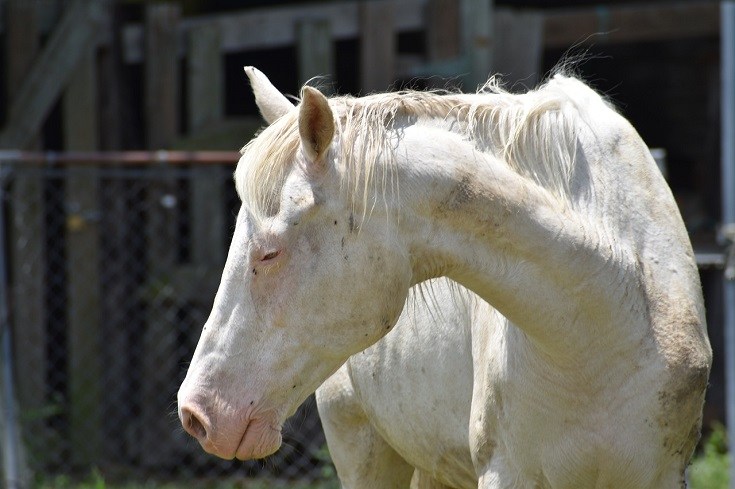
Tips to Keep Your Horse Healthy and Safe
Like any other animal, horses have specific needs, and it’s up to us as owners to ensure they are provided for.
- Provide plenty of fresh water at all times.
- Feed them high-quality hay, grain, or other food regularly.
- Exercise your horse regularly to keep its muscles and bones in good condition.
- Keep your horse’s living quarters clean and dry.
- Monitor your horse for signs of illness or dehydration regularly.
Never deprive your horse of food and water. As we’ve seen, horses are highly susceptible to dehydration and suffer serious health risks when denied access to enough food and water. Keep your horse healthy, safe, and well-cared for by providing them with the basics they need.
Can You Leave a Horse Alone for a Week?
Absolutely not. Although you may be able to leave your horse alone overnight, they need to be checked, fed, and watered at least once a day. Not only do you need to ensure that they are eating and drinking, horses are notorious for injuring themselves in seemingly safe surroundings, and should not be left unsupervised for more than 24 hours.
Ideally, you should not leave your horse alone for longer than 10-12 hours at a time. Though they may have access to an automated water system, keeping track of their well-being should still be a priority.
Horses are highly social animals and need regular interaction with other horses or humans to remain healthy. More than that, though, they need routine monitoring and care to ensure that they are eating and drinking properly.
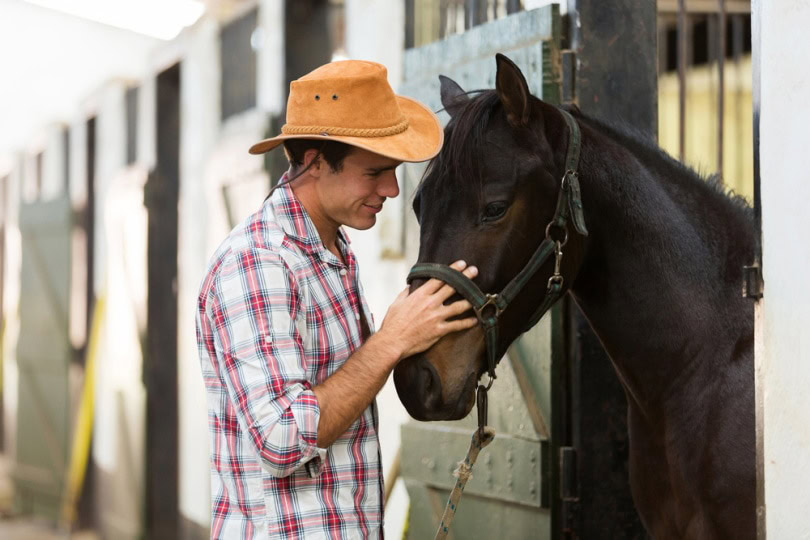
Bottom Line
While it may be comforting to learn that horses can potentially survive for 3-5 days without food or water in the event of an emergency or disaster, this is not something that should ever be deliberately put to the test.
To guarantee the well-being of your pet, ensure they have access to wholesome feed and fresh water every day. Monitor them diligently for any signs of illness or dehydration. Furthermore, don’t leave them alone for more than 10-12 hours without being checked.
With proper care and attention given regularly, your four-legged friend will experience a joyful, healthy life.
Featured Image Credit: D. Hillert, Pixabay
